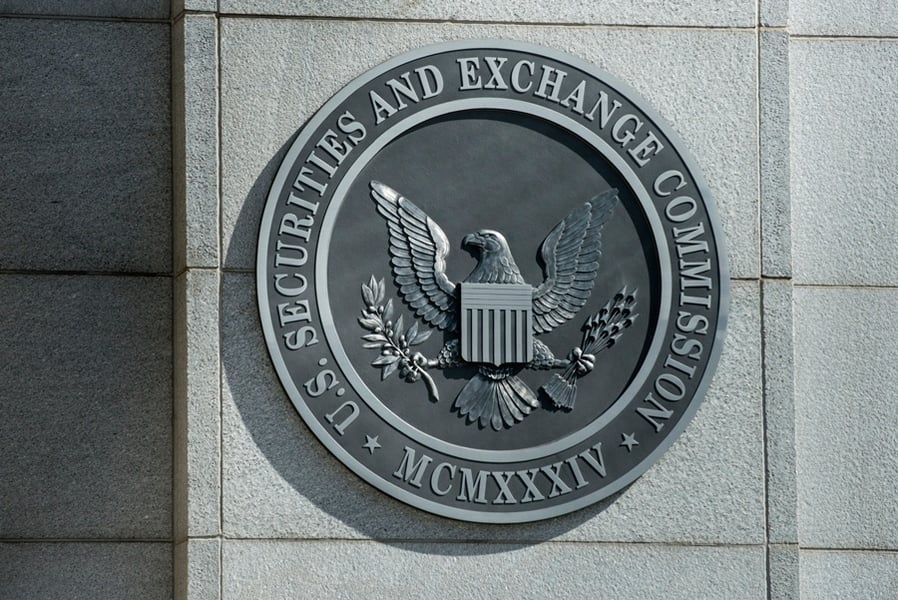U.S. regulators are poised to add new criteria for who's considered a sophisticated investor in an effort to allow more people to invest in hedge funds or hot startups that have become known for raising billions of dollars outside of public markets.
The changes being proposed by the Securities and Exchange Commission Wednesday would revise rules that determine who is an "accredited investor," which qualifies them to buy into riskier, but potentially more lucrative, deals. Currently individuals must have a net worth of $1 million to be eligible for those investments.
The new SEC plan would permit people with some professional financial certifications, such as Series 7, 65 and 82 licenses, to qualify.
It would also allow "knowledgeable" employees at money management companies to invest in their firms' offerings.
The revamp is part of
an effort by SEC Chairman Jay Clayton to open up private markets to more retail investors, many of whom have been unable to profit off of technology or bio-tech startups that raise money from the rich long before an initial public offering. Because those investments are lightly regulated and have a higher potential for fraud, the agency has long required they be set aside for more savvy individuals.
[Recommended video: How the client experience will be different in five years]
The issue has gotten more attention in recent years with the rise of so-called Silicon Valley unicorns, private companies that have a market value exceeding $1 billion.
"Today's proposals are an important step in our ongoing efforts to assess the private offering framework as a whole, including ways to increase opportunity for more of our Main Street investors to participate in the private capital markets," Mr. Clayton said.
[More: Legislation reintroduced in House to expand pool of accredited investors]
An SEC official, speaking to reporters Tuesday, said the commission hasn't been able to determine how many new investors will be deemed accredited under the new proposal. It's not likely to be a large expansion, the official added.
Wall Street has long pushed for the SEC to lower the sophisticated investor requirements, and Wednesday's plan doesn't go as far as many firms would like. Nevertheless, the industry did get at least a small win because the commission decided not to raise the income and net worth thresholds required to invest in private funds.
[More: State regulators are skeptical about expanding private offerings to ordinary investors]
The annual salary restrictions will remain at $200,000 for individuals and $300,000 for couples. And the net worth test will continue to be $1 million, not counting the value of a home.
The SEC considered indexing the income and net worth numbers to inflation, but decided that it could unfairly keep out investors who lived in areas of the country where the cost of living, and salaries, are lower, said the official.
[More: Financial advisers bristle at SEC's pitch to redefine 'accredited investor']







